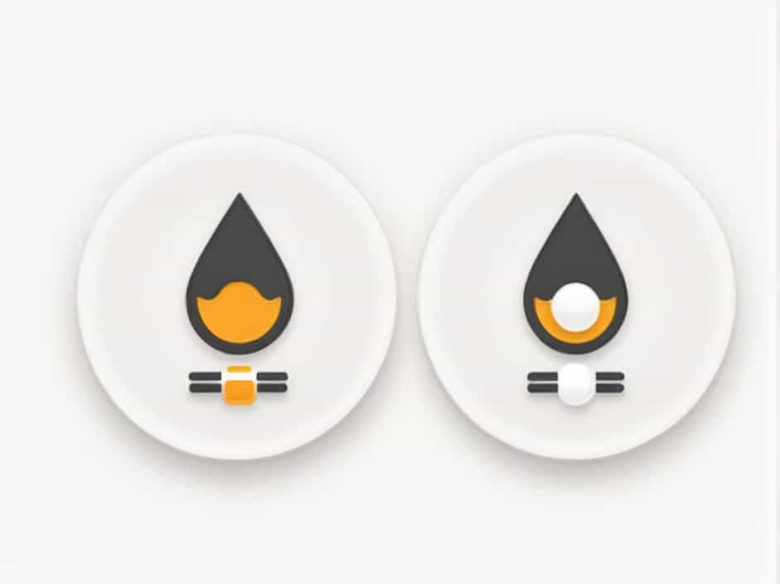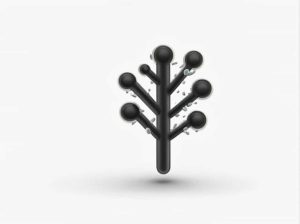The human body is a complex system that produces and eliminates various substances to maintain balance and function properly. Two important processes involved in this are secretion and excretion. While they may seem similar they serve different purposes in biological systems.
In this topic we will explore the differences between secretion and excretion their roles in the body and why they are essential for health and survival.
What Is Secretion?
Definition of Secretion
Secretion is the process by which cells and glands in the body produce and release substances that have specific biological functions. These substances are often enzymes hormones mucus or other useful fluids.
Purpose of Secretion
The substances released through secretion are not waste products. Instead they play important roles in processes such as digestion communication between cells and immune response.
Examples of Secretion in the Human Body
- Saliva Production – The salivary glands secrete saliva which contains enzymes like amylase to aid in digestion.
- Hormone Release – Endocrine glands secrete hormones such as insulin (from the pancreas) to regulate blood sugar levels.
- Tear Production – The lacrimal glands secrete tears to keep the eyes lubricated and free from dust.
- Digestive Enzymes – The stomach secretes gastric juices that help break down food.
What Is Excretion?
Definition of Excretion
Excretion is the process by which the body removes waste products that are no longer useful or could be harmful if allowed to accumulate. These waste products come from metabolic activities and must be eliminated to maintain homeostasis.
Purpose of Excretion
The primary goal of excretion is to remove toxins maintain a stable internal environment and prevent damage to the body’s tissues.
Examples of Excretion in the Human Body
- Urine Formation – The kidneys filter blood and excrete waste products like urea uric acid and excess salts through urine.
- Sweat Production – Sweat glands excrete excess water salts and small amounts of urea through perspiration.
- Carbon Dioxide Removal – The lungs excrete carbon dioxide a byproduct of cellular respiration through exhalation.
- Feces Elimination – The digestive system removes undigested food and other waste materials as feces.
Key Differences Between Secretion and Excretion
1. Purpose
- Secretion involves producing substances that help the body function such as enzymes and hormones.
- Excretion removes waste products that could be harmful if left in the body.
2. Nature of the Substances Released
- Secreted substances are useful and perform important biological roles (e.g. insulin bile digestive enzymes).
- Excreted substances are metabolic waste products that need to be removed (e.g. urine sweat carbon dioxide).
3. Involvement of Glands and Organs
- Secretion is performed by glands such as the salivary glands pancreas and endocrine glands.
- Excretion is carried out by organs like the kidneys lungs skin and liver.
4. Effect on the Body
- Secretion helps regulate and maintain bodily functions.
- Excretion ensures the elimination of harmful substances to maintain internal balance.
Comparison Table: Secretion vs. Excretion
| Feature | Secretion | Excretion |
|---|---|---|
| Definition | Release of substances for specific biological functions | Removal of waste products from the body |
| Purpose | Helps bodily functions like digestion immunity and regulation | Removes harmful waste to maintain homeostasis |
| Examples | Saliva hormones digestive enzymes | Urine sweat carbon dioxide feces |
| Organs Involved | Glands (e.g. pancreas salivary glands endocrine glands) | Kidneys lungs skin liver |
| Type of Substance Released | Useful substances (e.g. hormones enzymes) | Waste products (e.g. urea CO₂) |
| Effect on Body | Essential for various functions | Prevents toxic buildup |
Importance of Secretion and Excretion in the Body
Why Secretion Is Important
- Regulates Metabolism – Hormones like insulin and adrenaline help regulate metabolism and energy levels.
- Aids in Digestion – Enzymes secreted by the pancreas and stomach break down food for nutrient absorption.
- Supports Immune Function – Mucus secretion in the respiratory tract traps bacteria and prevents infections.
Why Excretion Is Important
- Prevents Toxicity – The kidneys filter out harmful substances and prevent them from accumulating in the blood.
- Maintains pH Balance – The lungs regulate carbon dioxide levels preventing acid buildup in the body.
- Regulates Water and Salt Levels – Sweating and urination help maintain fluid and electrolyte balance.
Disorders Related to Secretion and Excretion
Disorders of Secretion
- Diabetes Mellitus – The pancreas fails to secrete enough insulin leading to high blood sugar levels.
- Hypothyroidism – The thyroid gland produces insufficient hormones causing metabolism to slow down.
- Dry Eye Syndrome – Reduced secretion of tears leads to eye discomfort and irritation.
Disorders of Excretion
- Kidney Failure – The kidneys lose their ability to filter waste leading to toxin buildup in the body.
- Respiratory Acidosis – The lungs fail to excrete enough carbon dioxide causing blood pH to drop.
- Hyperhidrosis – Excessive sweating can lead to dehydration and electrolyte imbalances.
Secretion and excretion are two vital processes that keep the body functioning efficiently. Secretion is responsible for producing useful substances like hormones and enzymes while excretion eliminates harmful waste products. Understanding these differences helps us appreciate how our bodies maintain balance and prevent disease.
By taking care of organs involved in both processes—such as the kidneys lungs glands and skin—we can support overall health and well-being.



